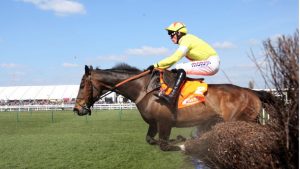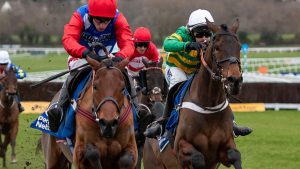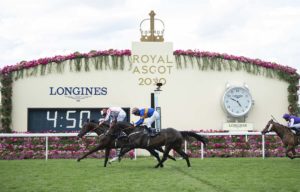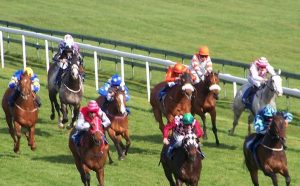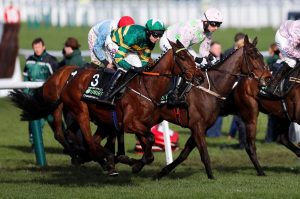Bailey recalls ‘extraordinary’ National hero Mr Frisk
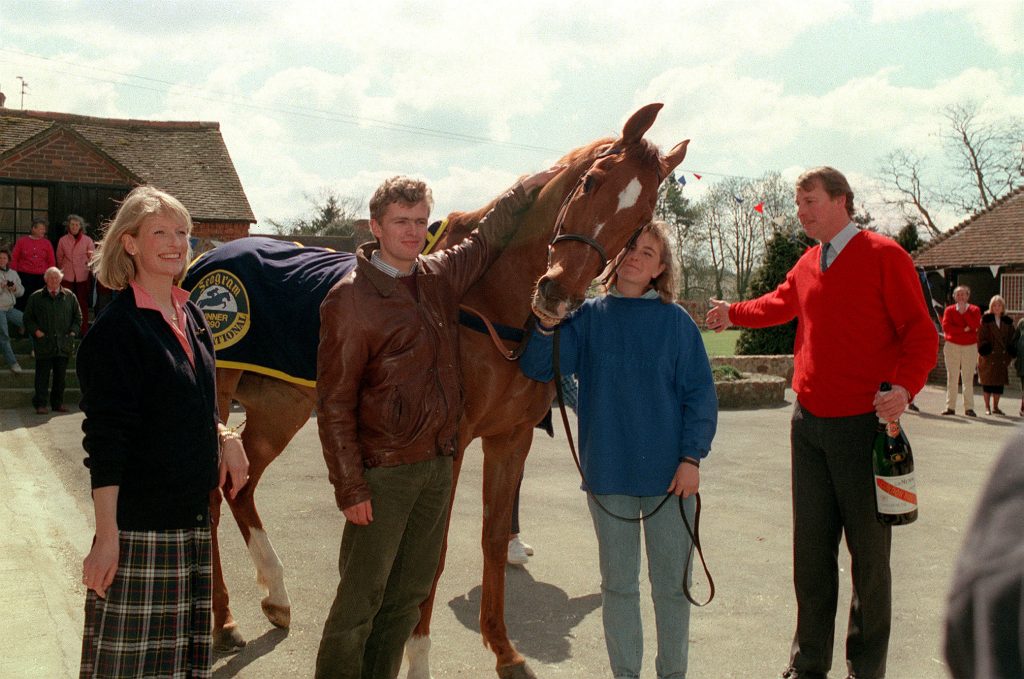
Record time in Aintree spectacular still stands.
“Freak of nature” Mr Frisk won the fastest Grand National on record – but only after trainer Kim Bailey had almost exhausted his persuasive powers to convince reticent owner Lois Duffey to run her pride and joy at Aintree. Bailey, a revered and resilient veteran 30 years on, was a rising star who would soon go on to win the Champion Hurdle and Gold Cup in the same season – and demonstrated again just last month that he can still pull off Cheltenham Festival success. Mr Frisk, the “oddball” ex-northern point-to-pointer who was an unexceptional performer on the gallops, undoubtedly played a huge role early in the career of one of the greats of the National Hunt code.
Taking up the tale, Bailey said: “I was very, very lucky – because the horse needed absolutely rock-hard ground, and it did just come together perfectly. “I had an owner who was very anti-running (in the race) – and as we got closer and closer to it, my position became stronger, because I kept saying to her ‘conditions are right, we’re going to have very fast ground’.” Even so, Mrs Duffey was inclined to keep Mr Frisk under wraps. Asked if that was still the case as race day loomed, Bailey said: “Right up to the last minute – even the week before, I spoke to her when it came to do the declarations, and I said ‘I’m declaring the horse to run’.
Mr Frisk in 1990 – winning the Whitbread Gold Cup AFTER landing the Grand National for @Armytage and @kimbaileyracing pic.twitter.com/tn3K4LGQLb
— ITV Racing (@itvracing) April 29, 2017
Follow us on Twitter racing365dotcom and like our Facebook page.
Latest
-
Horse Racing
Five JP McManus-owned horses Harry Cobden will be looking forward to riding
Cobden v McManus could be a formidable partnership.
-
Horse Racing
Everything you need to know about the 2026 Cheltenham Festival
The Cheltenham Festival remains the most important...
-
Horse Racing
What Is a box bet in horse racing and how do you place one?
Making Sense of Box Bets:...
-
Horse Racing
Four horses who could be targeted at Royal Ascot
As the flat season begins to gather...
-
Horse Racing
Kentucky Derby 2025 – all eyes on Journalism and Baffert
America’s biggest horse race looms on the...
-
Horse Racing
Cheltenham Festival 2025 – Bookies spared bumper payout after opening day carnage
Bookmakers were spared an estimated £50 million...
-
Horse Racing
Rider’s ocular accident underscores importance of protective eyewear
Amid non-stop negotiations surrounding the need to...
-
Horse Racing
Concerns over inadequate facilities for female jockeys as racecourses miss upgrade deadlines
The Professional Jockeys Association (PJA)...
-
Ramatuelle ruled out of Breeders’ Cup Mile bid
French ace scratched from Del Mar contest following veterinary advice.
